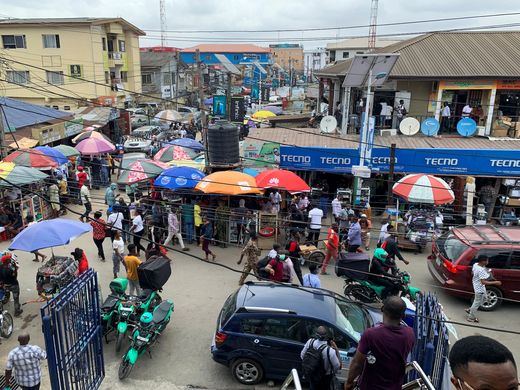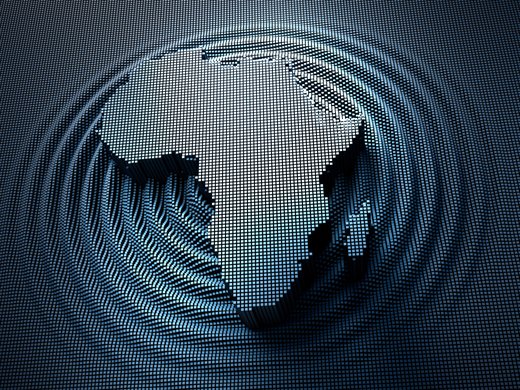Droughts, desertification, floods, coastal storms and soil erosion are just a few of the impacts of climate change in Africa. Climate change may endanger the lives and livelihoods of millions of Africans and hinder the continent’s economic growth and social progress.
As the poorest continent, Africa is considered most susceptible to climate change due to its inability to cope with the physical, human and socioeconomic consequences of climate extremes. Climate Change in Africa: Adaptation, Mitigation and Governance Challenges presents the fruits of early research in The African Initiative, a major collaborative project involving Canadian and African researchers.
Edited by Hany Besada and Nelson Sewankambo, the papers in this timely special report focus on how climate change impacts health, food security and energy; how it can cause conflict and forced migration; and how technology and education can help facilitate adaptation and mitigation strategies.
The hardest hit region has benefited least from the international climate change regime because previous and current global climate change agreements have had little relevance to Africa. The next climate change negotiations will take place in Copenhagen in December 2009. Approximately one quarter of the parties to the United Nations Framework Convention on Climate Change (UNFCCC) will come from Africa. This round of negotiations, which aim to create a new agreement that will be a successor to the Kyoto Protocol, offers Africa an opportunity to have a voice to shape the outcomes for its benefit.


